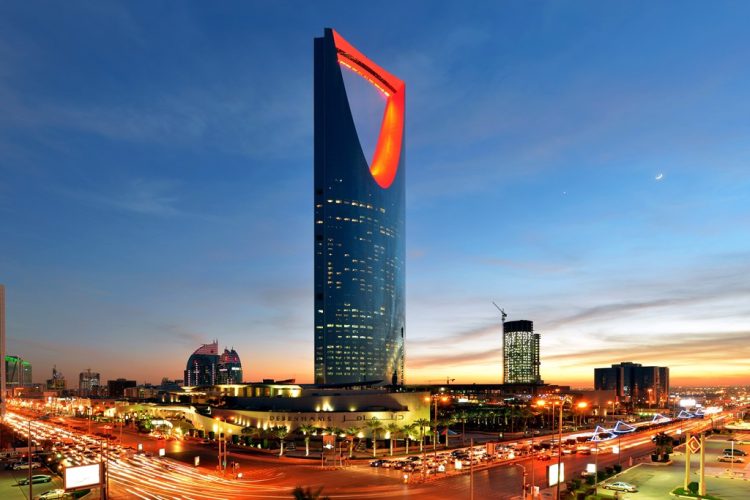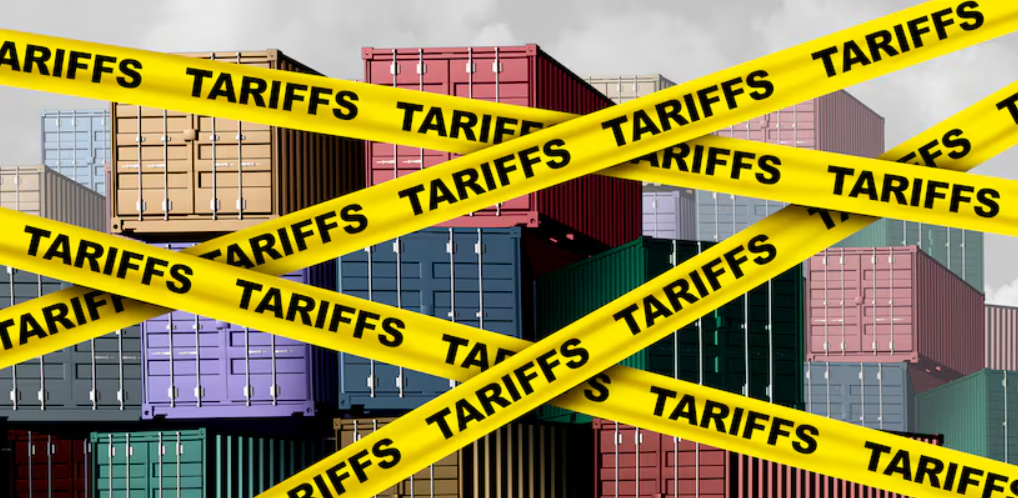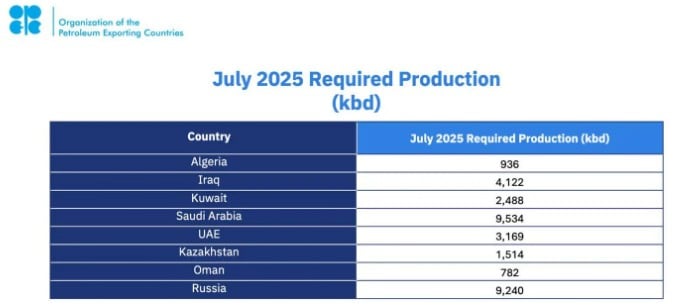Publisher: Maaal International Media Company
License: 465734
Non-oil business activity improved in Saudi Arabia during April
اقرأ المزيد
A monthly survey showed that non-oil business activity in Saudi Arabia accelerated sharply in April, supported by an increase in new business primarily benefiting from domestic demand.
According to “Reuters”, the seasonally adjusted purchasing managers’ index of Riyad Bank of Saudi Arabia jumped to 59.6 in April from 58.7 in March, continuing to move away from the fifty-point threshold that separates growth from contraction. The reading came in slightly below the eight-year high recorded in February
The new orders sub-index rose to 69.1 in April from 66.4 the previous month, the fastest pace of growth in more than eight-and-a-half years.
“We have seen an increase in tourism figures and greater consumer spending, in addition to new business opportunities related to major infrastructure projects,” said Nayef Al-Ghaith, chief economist at Riyad Bank.
“In addition, long-term business expansion plans have boosted job creation above the average seen in the first quarter of 2023,” he continued.
The production sub-index continued to grow in April and rose slightly to 64.4 in April from 64.2 in the previous month, and the latest increase indicates that the non-oil sector recorded uninterrupted growth for 32 months, as it did not retreat from the fifty-point level until August 2020. ,.
Economic growth is expected to slow sharply in 2023 in Saudi Arabia, the world’s largest oil exporter, due to expectations of lower oil prices and production.
A recent Reuters poll of 16 economists concluded that it expects a growth of 3.2 percent for this year, less than half of the 8.7 percent growth recorded in 2022, which was the highest in ten years.
However, the Saudi government expects the non-oil sector to grow by about six percent over the next three to five years, with the support of investments in huge infrastructure projects and an orientation towards privatization and providing job opportunities for citizens.
Although the latest survey showed optimism among non-oil business sectors about growth prospects in the near term, confidence remained below its pre-pandemic levels.
Related









